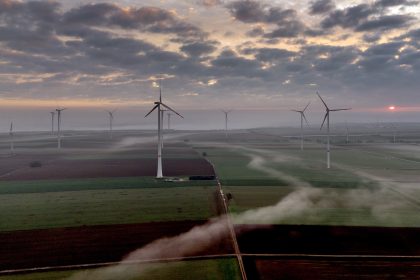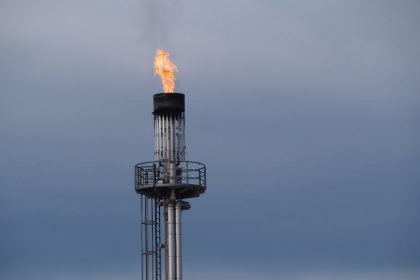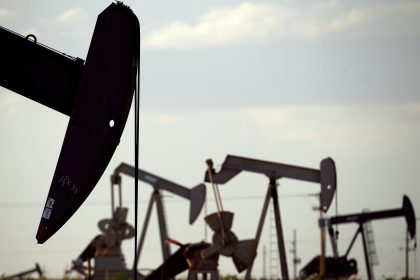Nation’s Power Grid Holding Up Well Despite Surge in Remote Work

WASHINGTON – Despite the fact that nearly every working American is doing so from home, necessitating video conferencing and the rest, the nation’s power grid is doing just fine, according to the not-for-profit regulatory authority tasked with overseeing it.
In a report released Thursday, the North American Electricity Reliability Corp. says while the coronavirus outbreak has raised some concerns, mostly in regard to staffing, the grid itself is currently doing just fine.
But John Moura, NERC’s director of reliability assessment and performance analysis, nevertheless warns against complacency.
As pandemic mitigation and containment strategies continue, prolonged periods of operator sequestration and deferred equipment maintenance increase the potential for a problem during the summer months and potentially longer-term.
“While we have not identified any specific threat to the reliable operation of the grid, we are in unprecedented territory and must continue to be prepared for the cumulative unknowns that are increasing industry’s risk profile,” Moura said.
Nearly 400 million people living in North America depend on the reliability and resilient nature of the grid — referred to within the industry as the “bulk power system” — to support their way of life.
As part of a coalition known as the Electric Reliability Organization Enterprise, NERC and the six regional power entities are working with regulators and government officials to assure that electricity gets everywhere it is needed or wanted.
The report notes that pandemic risk differs from many of the threats to the grid in that it is essentially a “people event” meaning, the fundamental risk is the loss of staff critical to operating and maintaining the system to such an extent that firm loads of power could no longer be served safely.
“For [the energy] industry, this means preparing to operate with a significantly smaller workforce, an encumbered supply chain, and limited support services for an extended and unknown period of time,” the report said.
“It also means that industry must be hyper vigilant to cybersecurity threats because a distracted workforce and remote working arrangements open up new attack vectors,” it continued.
As many others have suggested in other sectors of the economy, overcoming this challenge can’t be achieved until a comprehensive virus testing program is put in place.
“Testing capability is important to implement an effective sequestering plan because it ensures that all operators are healthy and are not carriers prior to being sequestered as an operating team,” the report said.
It goes on to note that to both preserve bulk power system reliability and support the pandemic mitigation strategies, industry leaders have been asking regulators and government officials to ensure COVID-19 testing is available and streamlined for essential personnel who work in shift environments; to loosen certain regulatory requirements to ensure the continued availability of control room operators, and to make sure cleaning and hygiene supplies are readily availability.
Should pandemic restrictions persist through the summer, the ability to provide reliability power could be even more compromised, the report said.
Among the potential challenges are dealing with continued workforce disruptions; support service disruption; potential equipment and fuel supply chain disruptions caused by storms and other natural phenomena, and deferred generation maintenance and other factors impacting generation unit availability.
In some areas, the deferred maintenance of right-of-ways could lead to an increase in wildfires. In others, the lack of staff could slow the refueling of many of the nation’s nuclear power plants.
In 2020, reactors at 56 nuclear power generation sites in the United States are scheduled for refueling; these refuelings require hundreds of employees to complete all the necessary tasks.
So far, the electric power industry in North America is rising to the challenges presented by the pandemic. Going forward, the report said, it will continue to monitor that system through this “unprecedented period.”
“As the industry returns to normal operations, the ERO will identify lessons learned and recommendations for improved practices,” it said.
























